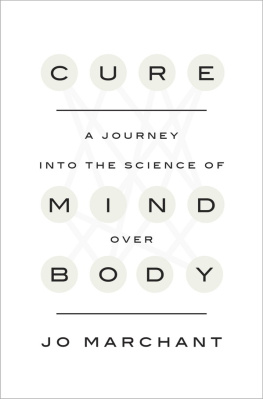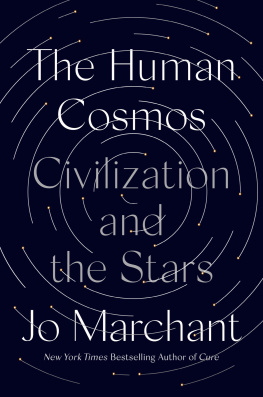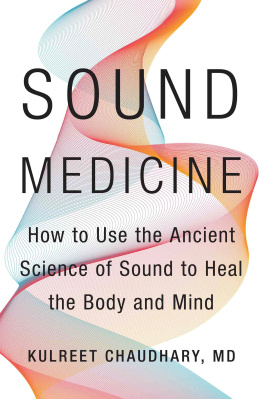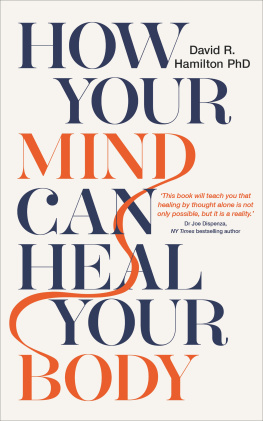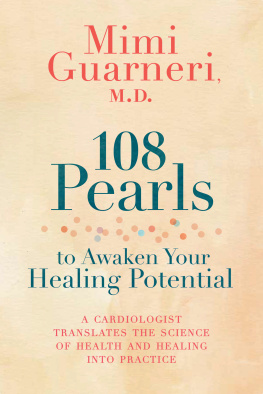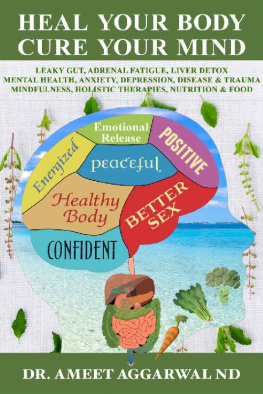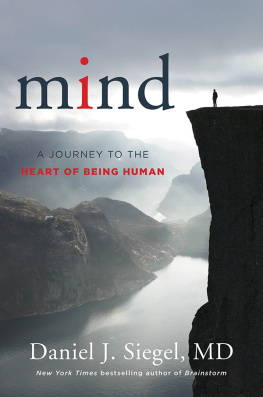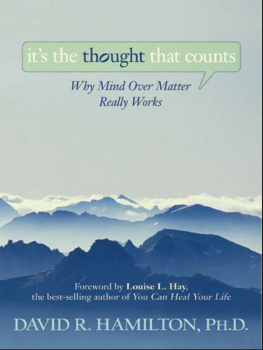Jo Marchant - Cure: A Journey into the Science of Mind Over Body
Here you can read online Jo Marchant - Cure: A Journey into the Science of Mind Over Body full text of the book (entire story) in english for free. Download pdf and epub, get meaning, cover and reviews about this ebook. year: 2016, publisher: Crown, genre: Romance novel. Description of the work, (preface) as well as reviews are available. Best literature library LitArk.com created for fans of good reading and offers a wide selection of genres:
Romance novel
Science fiction
Adventure
Detective
Science
History
Home and family
Prose
Art
Politics
Computer
Non-fiction
Religion
Business
Children
Humor
Choose a favorite category and find really read worthwhile books. Enjoy immersion in the world of imagination, feel the emotions of the characters or learn something new for yourself, make an fascinating discovery.
- Book:Cure: A Journey into the Science of Mind Over Body
- Author:
- Publisher:Crown
- Genre:
- Year:2016
- Rating:4 / 5
- Favourites:Add to favourites
- Your mark:
Cure: A Journey into the Science of Mind Over Body: summary, description and annotation
We offer to read an annotation, description, summary or preface (depends on what the author of the book "Cure: A Journey into the Science of Mind Over Body" wrote himself). If you haven't found the necessary information about the book — write in the comments, we will try to find it.
Finalist for the Royal Society Insight Investment Science Book Prize
Longlisted for the Wellcome Book Prize
A rigorous, skeptical, deeply reported look at the new science behind the minds surprising ability to heal the body
Have you ever felt a surge of adrenaline after narrowly avoiding an accident? Salivated at the sight (or thought) of a sour lemon? Felt turned on just from hearing your partners voice? If so, then youve experienced how dramatically the workings of your mind can affect your body.
Yet while we accept that stress or anxiety can damage our health, the idea of healing thoughts was long ago hijacked by New Age gurus and spiritual healers. Recently, however, serious scientists from a range of fields have been uncovering evidence that our thoughts, emotions and beliefs can ease pain, heal wounds, fend off infection and heart disease and even slow the progression of AIDS and some cancers.
In Cure, award-winning science writer Jo Marchant travels the world to meet the physicians, patients and researchers on the cutting edge of this new world of medicine. We learn how meditation protects against depression and dementia, how social connections increase life expectancy and how patients who feel cared for recover from surgery faster. We meet Iraq war veterans who are using a virtual arctic world to treat their burns and children whose ADHD is kept under control with half the normal dose of medication. We watch as a transplant patient uses the smell of lavender to calm his hostile immune system and an Olympic runner shaves vital seconds off his time through mind-power alone.
Drawing on the very latest research, Marchant explores the vast potential of the minds ability to heal, lays out its limitations and explains how we can make use of the findings in our own lives. With clarity and compassion, Cure points the way towards a system of medicine that treats us not simply as bodies but as human beings.
Jo Marchant: author's other books
Who wrote Cure: A Journey into the Science of Mind Over Body? Find out the surname, the name of the author of the book and a list of all author's works by series.

